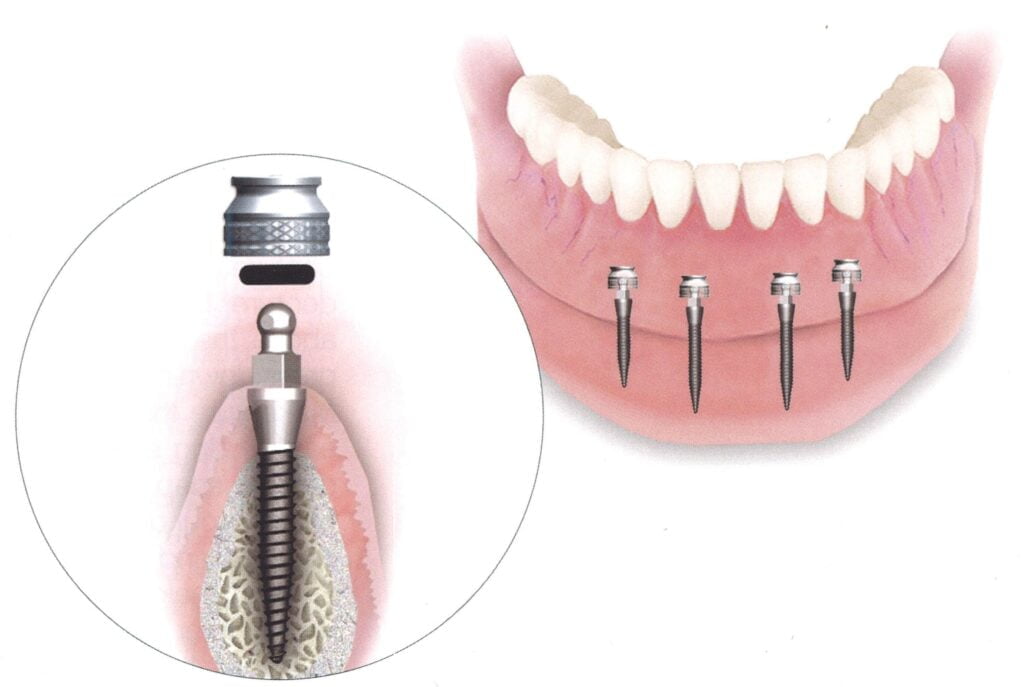What is Mini Implant?
A mini implant, also known as a mini dental implant (MDI), is a smaller version of a traditional dental implant. It is used to replace missing teeth or ensure the stability of dental prostheses such as crowns or bridges.
Mini implants share the same basic concept as regular dental implants, but they differ in their size, design and application.




